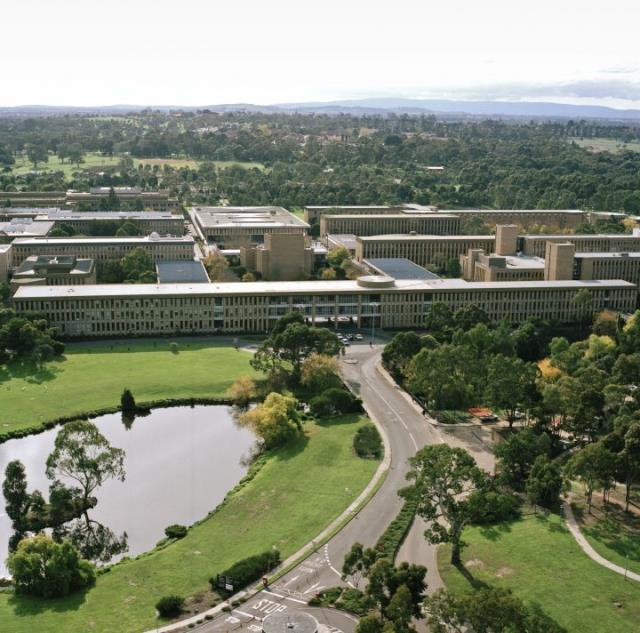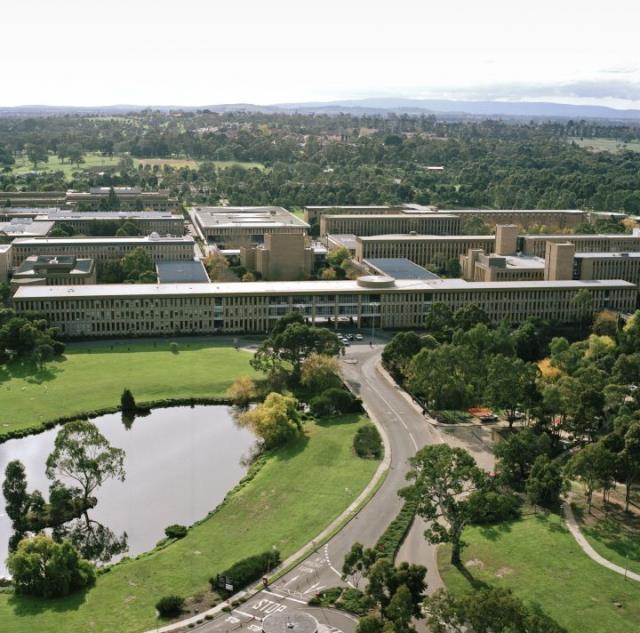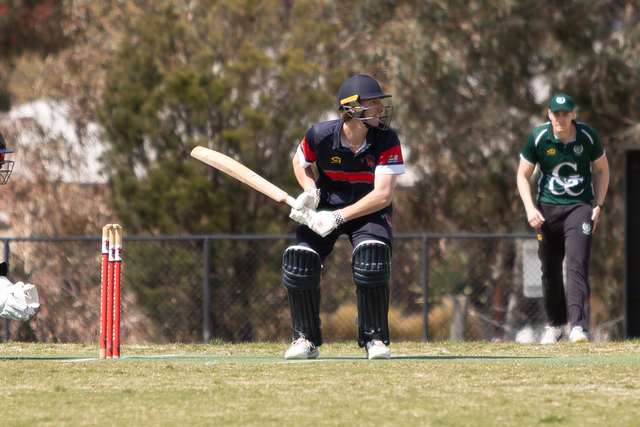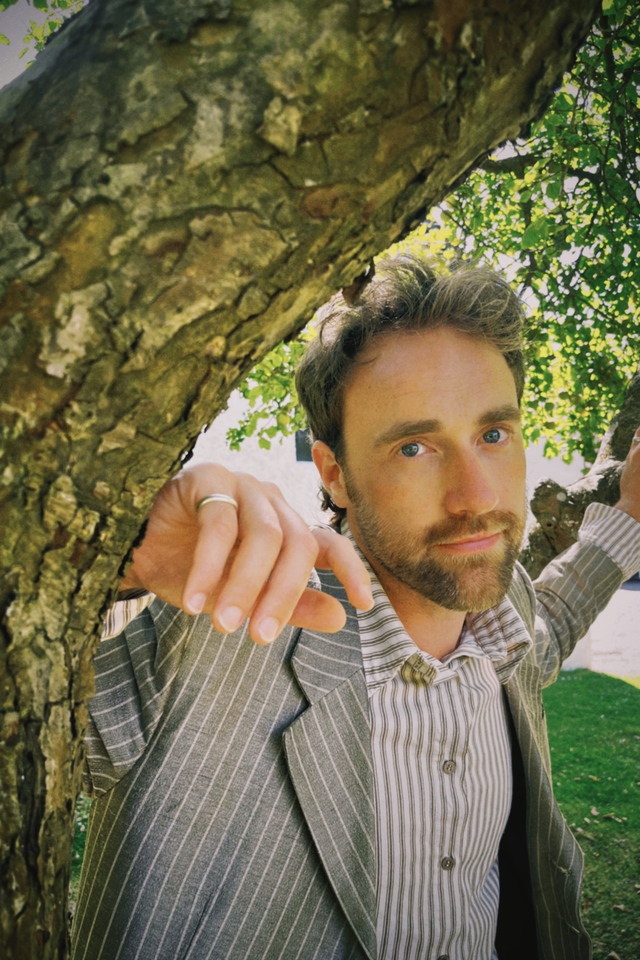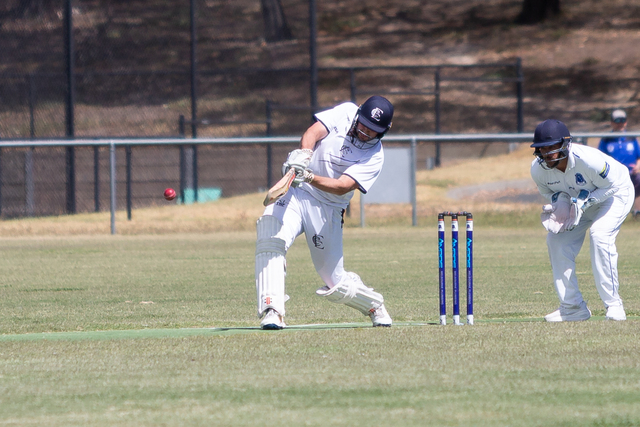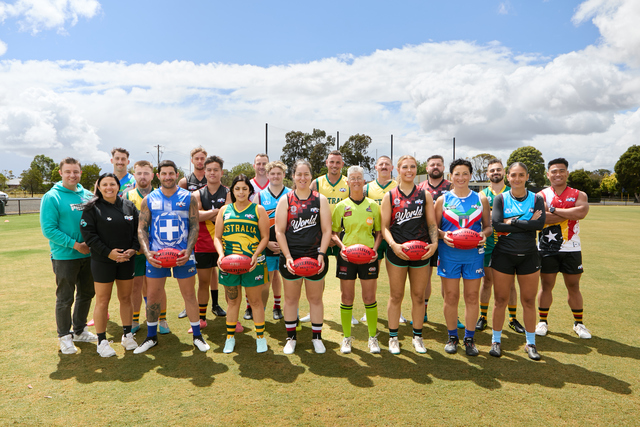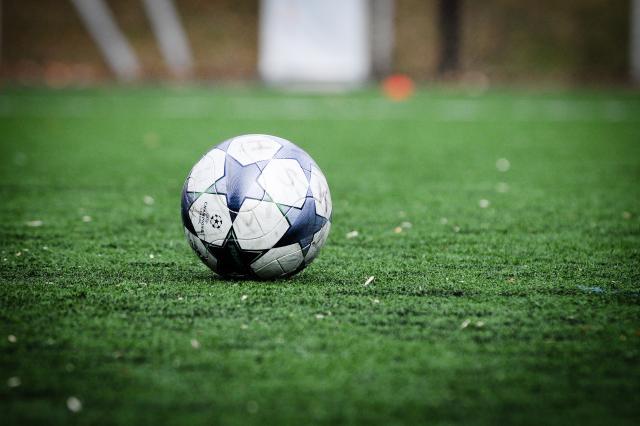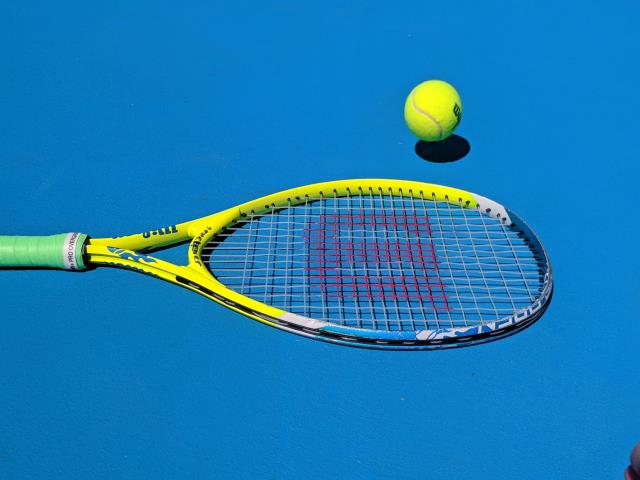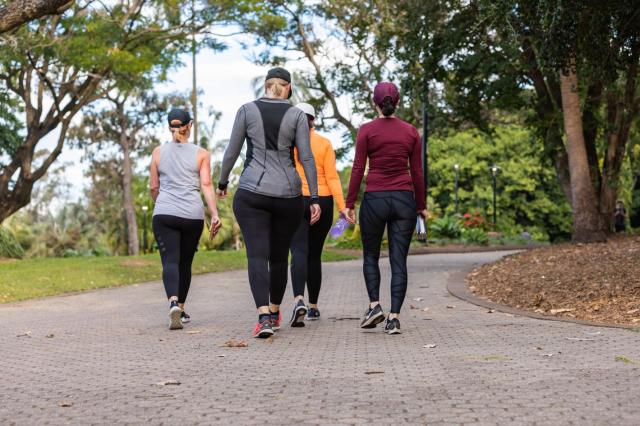A La Trobe University researcher has found exercise therapy can help keep people active after an anterior cruciate ligament (ACL) knee injury.
A study by La Trobe University’s Brooke Patterson – a former basketballer and AFLW player who suffered an ACL injury – is striving to prevent the rise in knee arthritis in young people following an ACL injury.
According to researchers, Australians have the highest rates of ACL knee injuries worldwide, and young Australians are most at risk, with a 74 per cent increase in knee surgery in people under 25 since 2000.
Half the people who’ve had a knee reconstruction develop knee arthritis in their 30s, which means a less active lifestyle and potentially even a knee replacement in middle-age.
ACL injuries accelerate the development of osteoarthritis because the injury changes how the knee works, and the trauma affects the cartilage and other knee tissues.
Dr Patterson said she the study will keep people playing sport for longer.
“Most people stop going to the physio about six to 12 months after knee surgery, but that’s too soon: our research showed that about a third of people still have pain and restricted movement after a year,” she said.
“As pros, we get plenty of support from physios, but players at all levels deserve better rehab and injury prevention.”
The researchers designed an exercise programme focused on the lower leg, to do at home or in the gym three times a week, which built knee strength with heavy leg weights, jumping and agility exercises. It
was supported by education on injury prevention and the risk of arthritis.
“Exercise therapy and education is how we treat older people with arthritis, but researchers had never asked whether similar interventions could work for young people,” Dr Patterson said.
“Almost every person who completed our new program said they had less pain and better quality of life.”
The study shows the importance of long term rehab focused strength and functional goals, rather than physio that runs to a set timeline.
The first phase of the study was a small proof of concept trial for 27 people with persistent knee symptoms after surgery. The research team is now looking ahead to a large-scale trial.
Details: http://semrc.blogs.latrobe.edu.au/superk/

